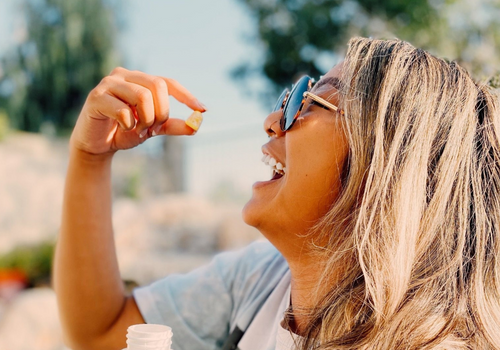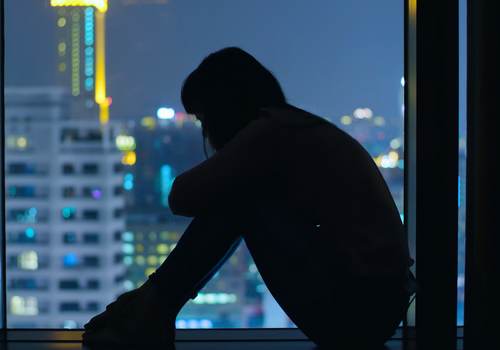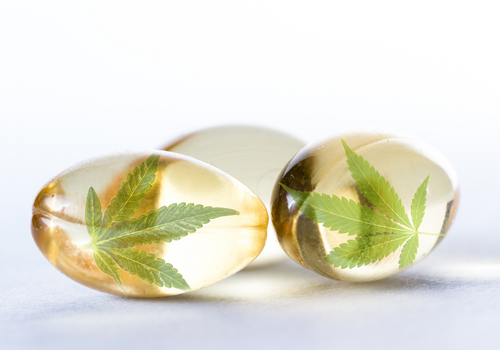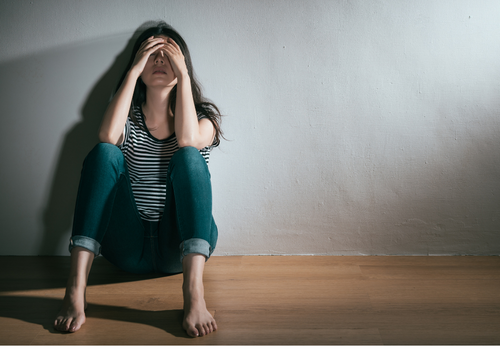 Depression is a common mental health disorder that affects millions of people worldwide. While traditional treatments such as therapy and medication can be effective, some individuals may be looking for alternative options. One such option is the use of CBD pills for depression. But do CBD pills really help with depression?
Depression is a common mental health disorder that affects millions of people worldwide. While traditional treatments such as therapy and medication can be effective, some individuals may be looking for alternative options. One such option is the use of CBD pills for depression. But do CBD pills really help with depression?
CBD, or cannabidiol, is a compound found in the cannabis plant. Unlike its cousin THC, CBD does not have psychoactive properties and will not get you "high." Instead, it is thought to have a number of potential therapeutic benefits, including for mental health conditions such as depression.
The Science behind CBD and Depression
There is a growing body of research investigating the potential benefits of CBD for treating symptoms of depression. A number of studies have found that CBD may have anti-anxiety and antidepressant effects and may help to improve mood and reduce feelings of sadness and hopelessness.
One study conducted by researchers at the University of Sao Paulo in Brazil found that CBD was able to reduce symptoms of depression in rats, suggesting that it may have similar effects in humans. Another study conducted by researchers listed here at the National Library of Medicine, found that existing preclinical evidence strongly supports CBD as a treatment for generalized anxiety disorder, panic disorder and social anxiety.
 Safety Measures and Interactions
Safety Measures and Interactions
It's also worth noting that CBD can interact with certain medications, so it's important to talk to your doctor before taking CBD for depression. Additionally, it's important to purchase CBD from reputable sources, as the quality and purity of CBD products can vary greatly. Eden's Herbals CBD is widely considered to be one of the purest and highest quality CBD products on the market. Our company prides itself on sourcing only the finest and most natural ingredients, and extensively tests its products to ensure they meet or exceed industry standards for purity and potency. This means that you can trust that you are getting a product that is free from harmful compounds or contaminants, and that you are getting the full potential benefits of CBD.
CBD as a Complementary Treatment
While CBD may hold promise as a treatment for depression, it's important to remember that it should not be used as a replacement for traditional therapies such as therapy and medication. Instead, it may be most effective as a complementary treatment to help enhance the effects of traditional therapies.
How Does CBD Work on Depression?
CBD works by interacting with the body's endocannabinoid system, a complex network of receptors and chemicals that help regulate a wide range of bodily functions. When CBD is consumed, it is thought to interact with receptors in the brain that are involved in mood regulation and the release of neurotransmitters such as serotonin and dopamine.
 CBD has been found to have a positive effect on the levels of serotonin and dopamine in the brain, which are neurotransmitters that play a key role in regulating mood. These neurotransmitters are often associated with depression, and the increase in their levels can help to reduce the symptoms of depression.
CBD has been found to have a positive effect on the levels of serotonin and dopamine in the brain, which are neurotransmitters that play a key role in regulating mood. These neurotransmitters are often associated with depression, and the increase in their levels can help to reduce the symptoms of depression.
CBD is also thought to influence the levels of other neurotransmitters such as GABA and glutamate, which are associated with anxiety. By reducing anxiety, CBD may also help to reduce symptoms of depression.
Dosage and Administration of CBD for Depression
As with any supplement, the appropriate dosage of CBD will vary depending on the individual. It is important to start with a low dose and gradually increase it to find the right amount for you. It is also important to talk to your doctor before taking CBD for depression, as it can interact with certain medications. CBD pills for depression are available and a convenient option for those who prefer to take their supplements in pill form.
 While more research is needed to fully understand the effects of CBD on depression, the current evidence suggests that it may be a promising treatment option. However, it is important to remember that CBD should not be used as a replacement for traditional therapies such as therapy and medication. Instead, it may be most effective as a complementary treatment to help enhance the effects of traditional therapies. Again, we have to remember that CBD is not currently an FDA-approved treatment for depression, and it is not clear what dosage of CBD is most effective. Only you and your doctor can gain that information.
While more research is needed to fully understand the effects of CBD on depression, the current evidence suggests that it may be a promising treatment option. However, it is important to remember that CBD should not be used as a replacement for traditional therapies such as therapy and medication. Instead, it may be most effective as a complementary treatment to help enhance the effects of traditional therapies. Again, we have to remember that CBD is not currently an FDA-approved treatment for depression, and it is not clear what dosage of CBD is most effective. Only you and your doctor can gain that information.
Thank you for reading.


